Day 66: Russia says does not consider itself at war with NATO
Russia says it does not consider itself at war with NATO, warning that such a development could increase the risks of a nuclear war.
In an interview with Saudi Arabia's Al Arabia channel, Foreign Minister Sergei Lavrov accused the West of sabotaging Russia’s peace talks with Ukraine. He said heated negotiations in Istanbul last month had been progressing until Ukrainian diplomats backtracked at the behest of the West.
“We are stuck because of their desire to play games all the time. Because of the instructions they get Washington, from London, from some other capitals, not to accelerate the negotiations,” he said.
Lavrov said Russia’s “special operation” in Ukraine was a “response to what NATO was doing in Ukraine to prepare this country for a very aggressive posture against the Russian Federation”.
“They were given offensive arms, including the arms which can reach the Russian territory, military bases were being built including on the Sea of Azov and many dozens of military exercises, including many of them on Ukrainian territory were conducted under NATO auspices and most of these exercises were designed against the interested of the Russian Federation, so the purpose of this operation is to make sure that those plans do not materialize.”
Lavrov said Russia does not consider itself to be at war with NATO, but NATO does.
“Unfortunately, NATO, it seems, considers itself to be at war with Russia. NATO and European Union leaders, many of them, in England, in the United States, Poland, France, Germany and of course European Union chief diplomat Josep Borrell, they bluntly, publicly and consistently say, ‘Putin must fail, Russia must be defeated.’ When you use this terminology, I believe you think that you are at war with the person who you want to be defeated,” he said.
He said Russia knows the routes being used to supply Ukraine with arms, stating that “as soon as these weapons are reaching Ukrainian territory, they are fair game for our special operation”.
Lavrov touched on the reasons which prompted it to launch its "military operation" inside Ukraine.
“NATO, despite its promises and promises of its leaders, was moving closer and closer to the Russian border and they were telling us, ‘don’t be afraid, we are a defensive alliance and we will pose no threat to your security.’”
Lavrov said NATO was indeed a defensive alliance back when there was a Berlin Wall and a “geopolitical wall between NATO and the Warsaw Treaty” drafted in 1949 after the Second World War.
“When the Warsaw Treaty disappeared, when the Soviet Union ceased to exist, NATO decided that the line of defense should be moved to the east and they did move this line of defense five times,” he said.
British Foreign Secretary of Britain Liz Truss, Lavrov said, "one of these days stated that NATO must be a global player so we can listen for so many times about the defensive nature of this alliance but this is a lie”.
He also accused Kiev of cancelling everything related to Russia, including the Russian language, education, media, saying that "day-to-day use of the Russian language was made an administrative offense”.
“So when the Ukrainian regime intensified at the end of last year and early this year shelling of the Eastern territories of the country in Donbas, in the worst violations of the Minsk Agreements which were signed in February 2015 and endorsed by the Security Council resolution, when they were targeting civilians and civilian infrastructure, schools, hospitals, kindergartens, we didn’t have any other choice.”
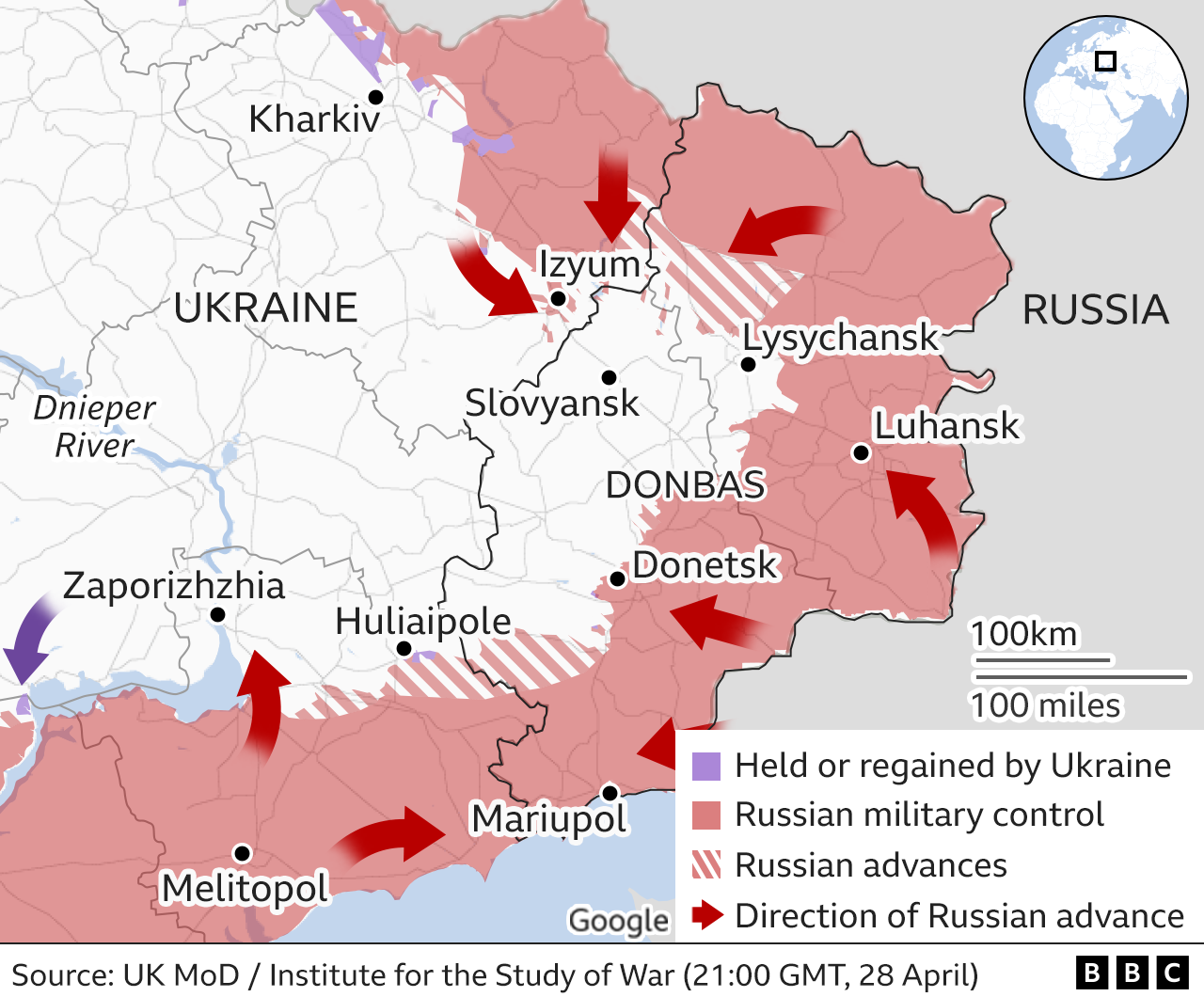
US training Ukrainian forces in Germany
On Friday, the Pentagon said Washington has started training Ukrainian armed forces in Germany and other locations in Europe.
Pentagon Press Secretary John Kirby the plans "build on the initial artillery training that Ukraine's forces already have received elsewhere and also includes training on radar systems and armored vehicles that have been recently announced as part of security assistance packages".
The Pentagon also said it will send the first batch of highly-secret Phoenix Ghost drones to Ukraine as it steps up weapons .
More than a dozen flights would leave the continental US in the next 24 hours, carrying weapons destined for Ukrainian armed forces, including more howitzers and the first of the new Phoenix Ghost drones, it added.
A senior defense official said the new, secret drones would join 100 Switchblades - kamikaze drones which carry a warhead - that have already been delivered.
Russia to move away from US dollar
Separately, Lavrov said Russia is seeking to move away from the US dollar and rely less on imports while strengthening its independence in key technologies in response to sanctions over the war with Ukraine.
“We will continue to push and strengthen special economic programs to ensure the stability of the Russian economy,” Lavrov said in comments to China's official Xinhua news agency.
Russia’s central bank said earlier this month it found no clear alternatives to the world’s major reserve currencies after sanctions left it in possession of only yuan and gold.
He also said lifting sanctions imposed on Russia is part of peace negotiations between Moscow and Ukraine, which are "difficult" but continue daily.
"At present, the Russian and Ukrainian delegations are actually discussing on a daily basis via video-conferencing a draft of a possible treaty."
The talks' agenda also includes, among others, the issues of denazificiation, the recognition of new geopolitical realities, the lifting of sanctions, the status of the Russian language, Lavrov said, without elaborating.
"We are in favor of continuing the negotiations, although they are difficult," Lavrov said after Kiev warned on Friday that talks were in danger of collapse.
Russia bars figures from Norway, Greenland, Ireland, Faroe Islands
Russia said Friday it had banned entry to the county for nine individuals from Iceland, three from Greenland, three from the Faroe Islands and 16 from Norway in a retaliatory move.
The decision came after Iceland, Norway and the Danish autonomies of Greenland and the Faroe Islands joined the European Union’s sanctions against Russia, Russia's Foreign Ministry said in a statement.
The reciprocal measures were taken in relation to a number of parliamentarians, government members, business, media and academic representatives as well as public figures, who have actively “promoted anti-Russian rhetoric," and have participated in the implementation of anti-Russian policies, it said.
Hamas thanks Iran, Resistance Front following achievement of ceasefire in Gaza
'Capitulation': Israeli officials and media concede Gaza defeat as truce unfolds
'Gaza has won': Social media users react to ceasefire with mix of relief, joy
Iran seeks South Korea’s assistance for AI, fiber-optic projects
VIDEO | Iran's 'Eqtedar' (Power) maneuver
Israel hits HTS military target in Syria for 1st time since fall of Assad
VIDEO | Press TV's news headlines
Israel has slaughtered 13,000 students in Gaza, West Bank


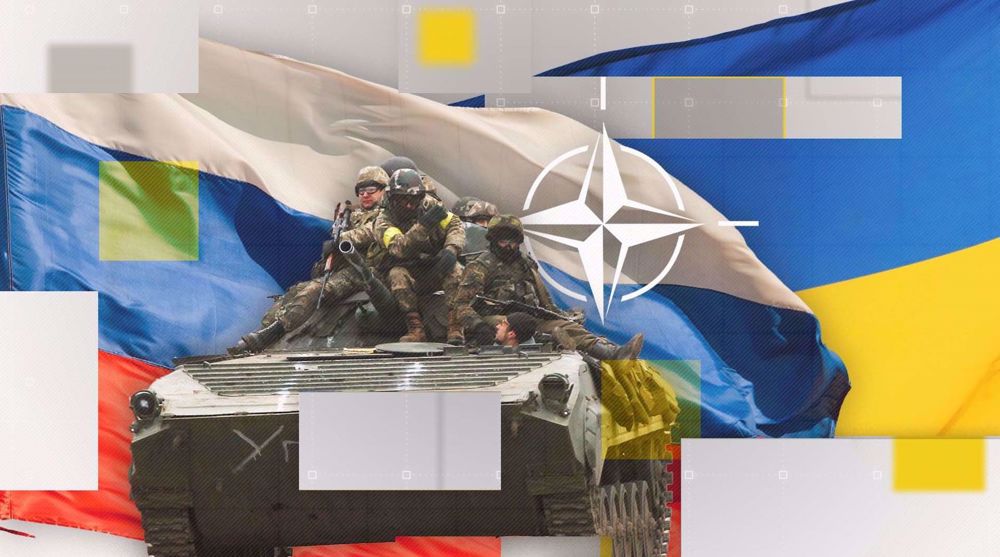
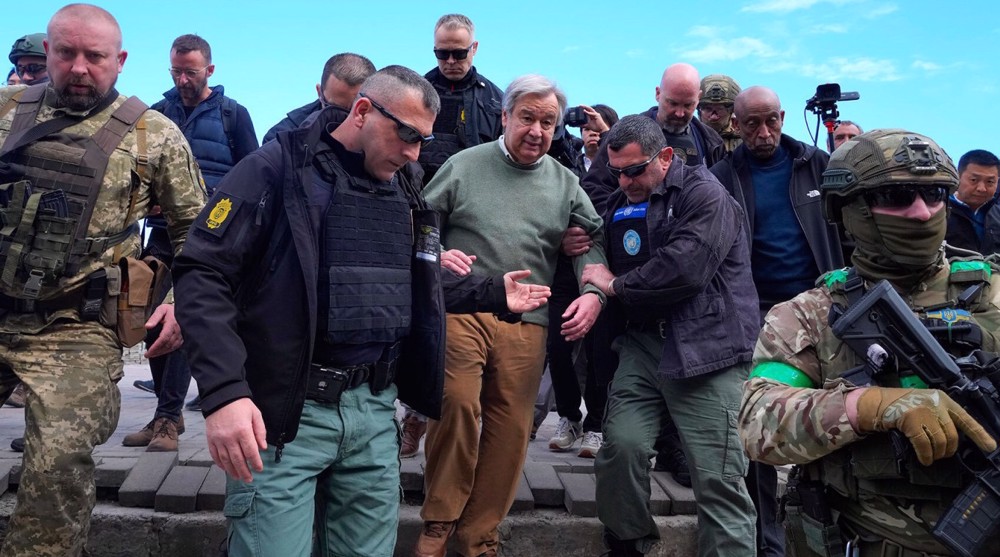
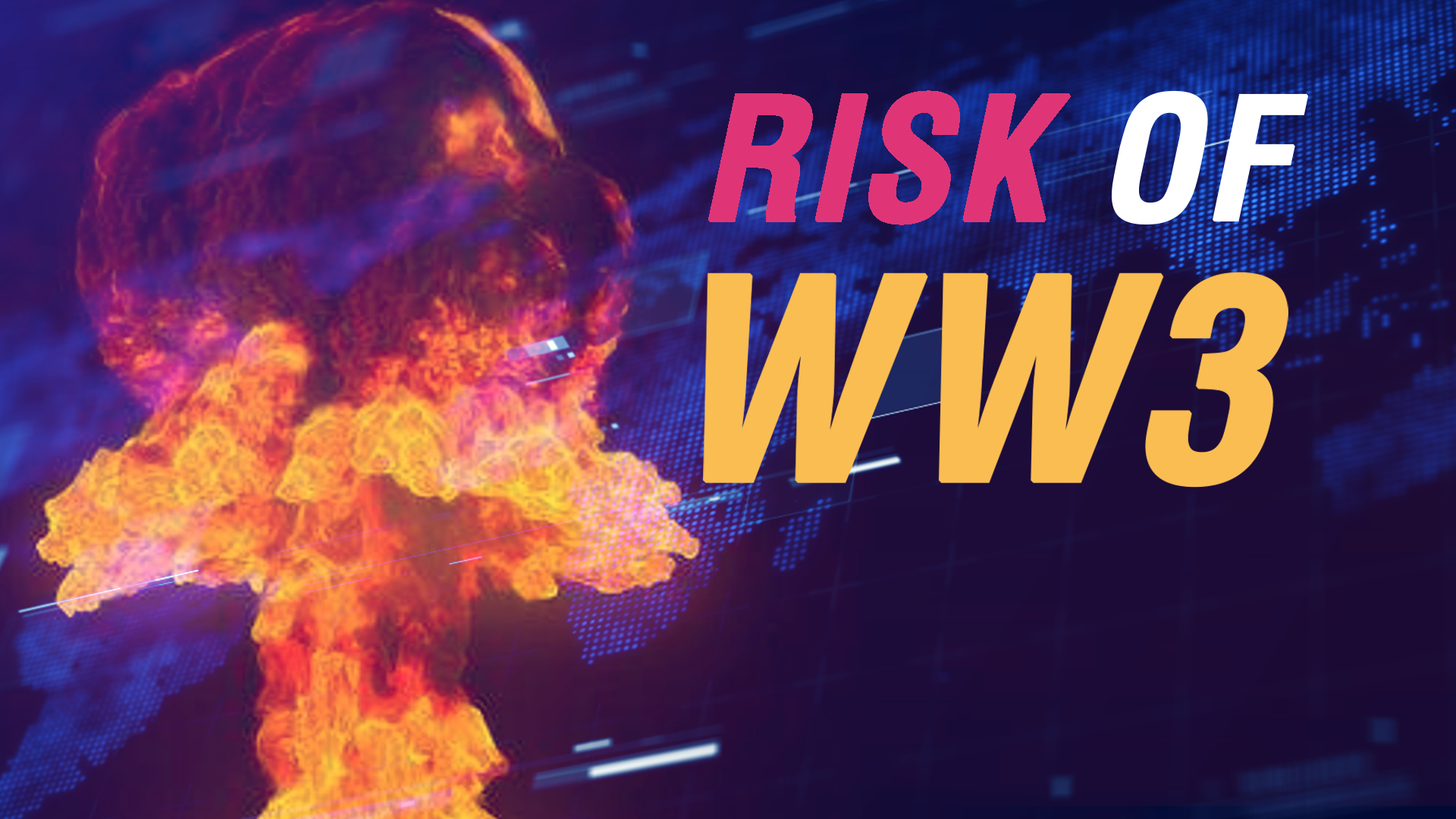
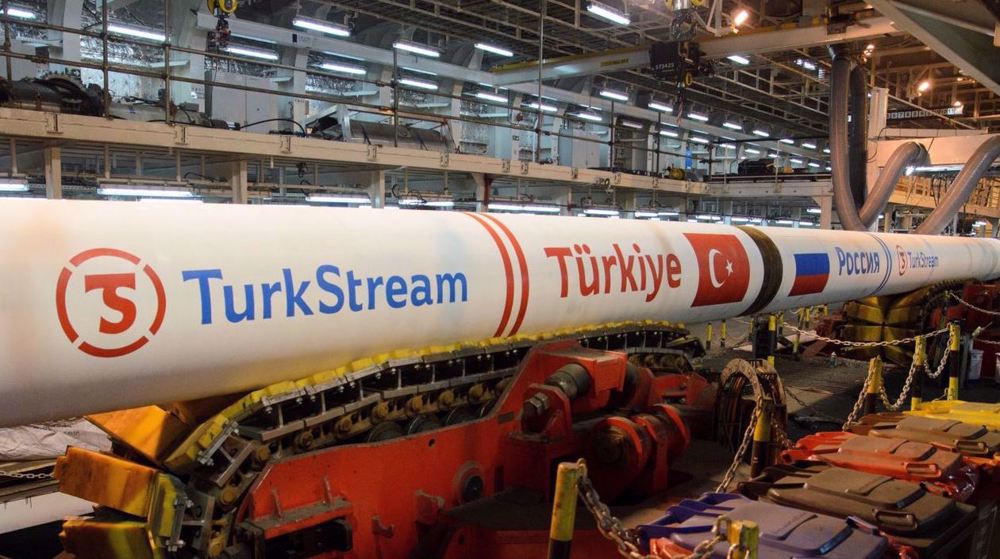
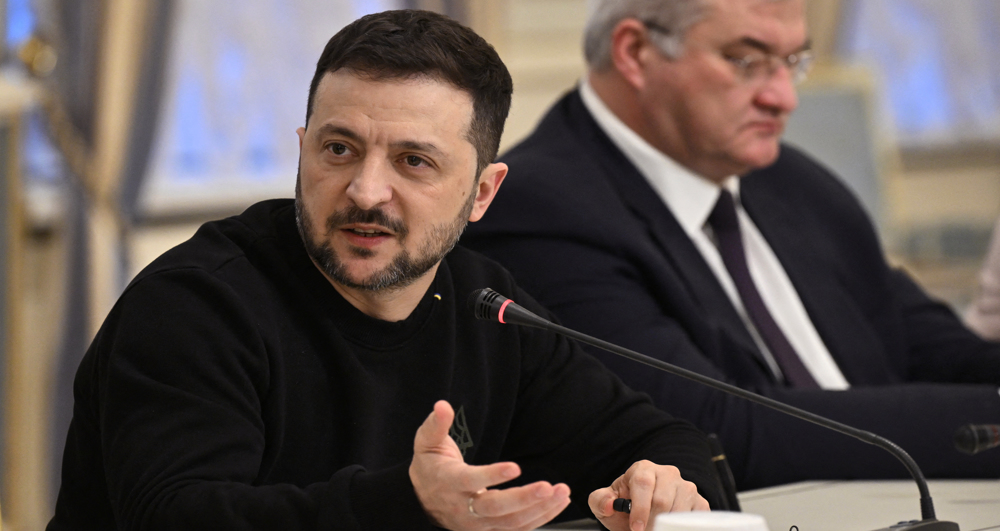
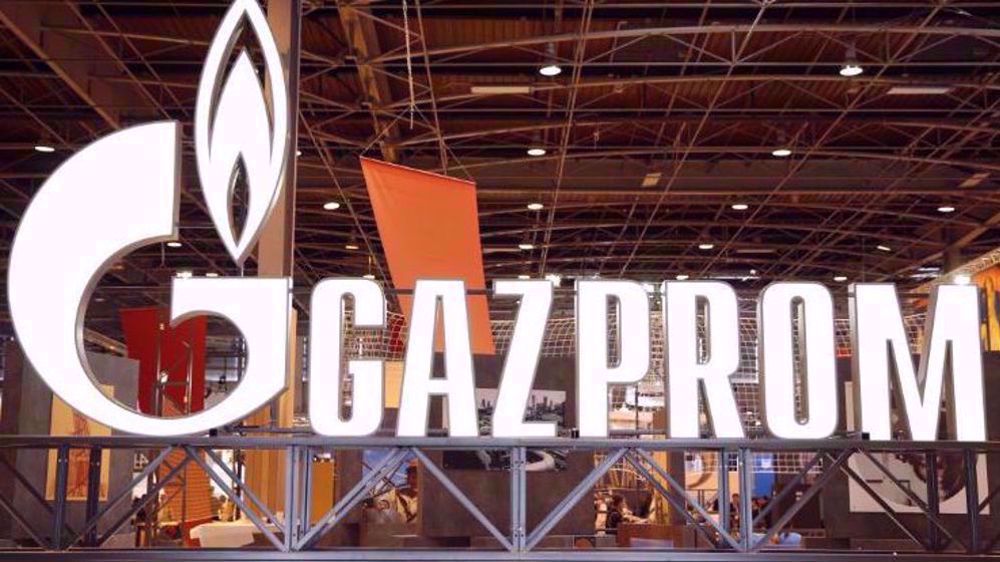




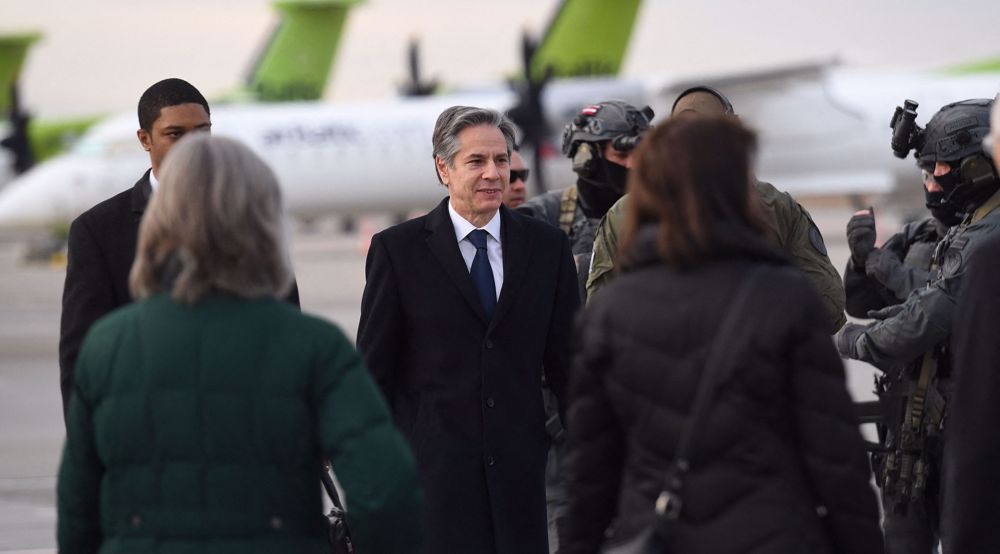
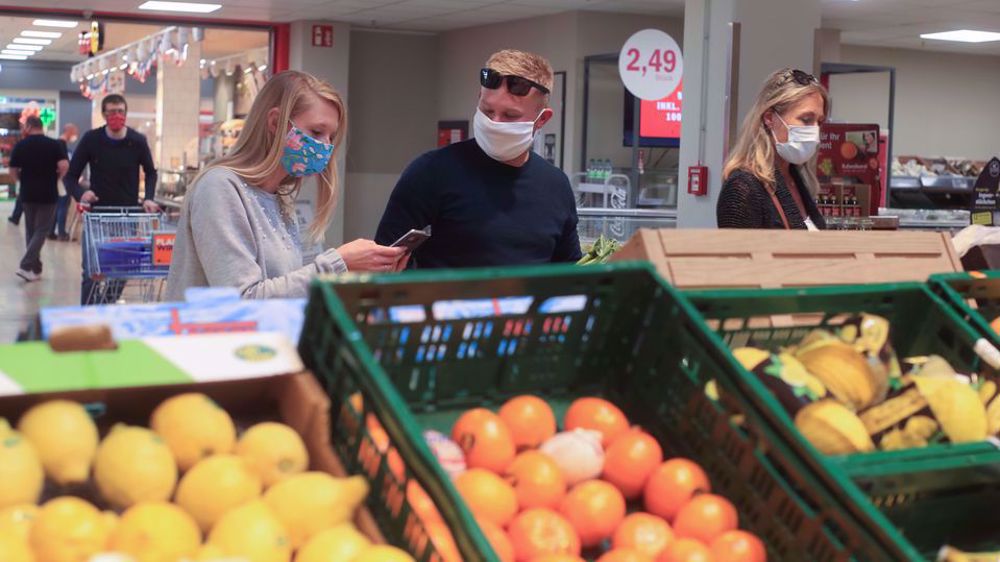
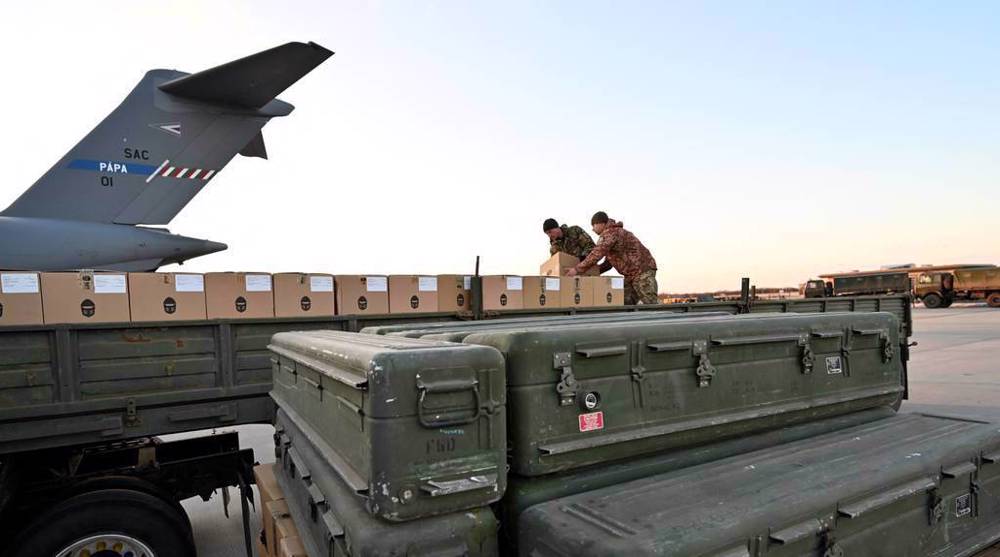
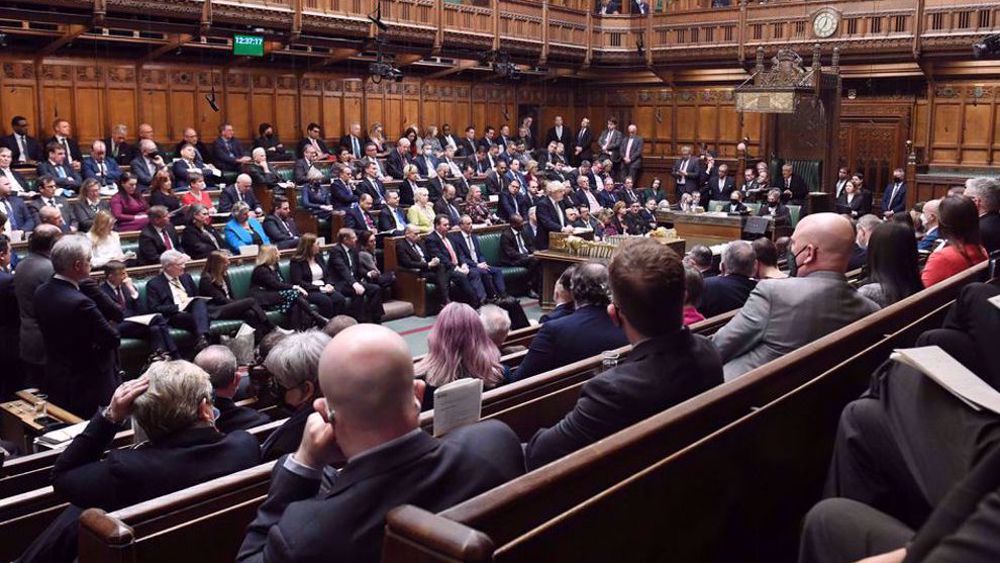
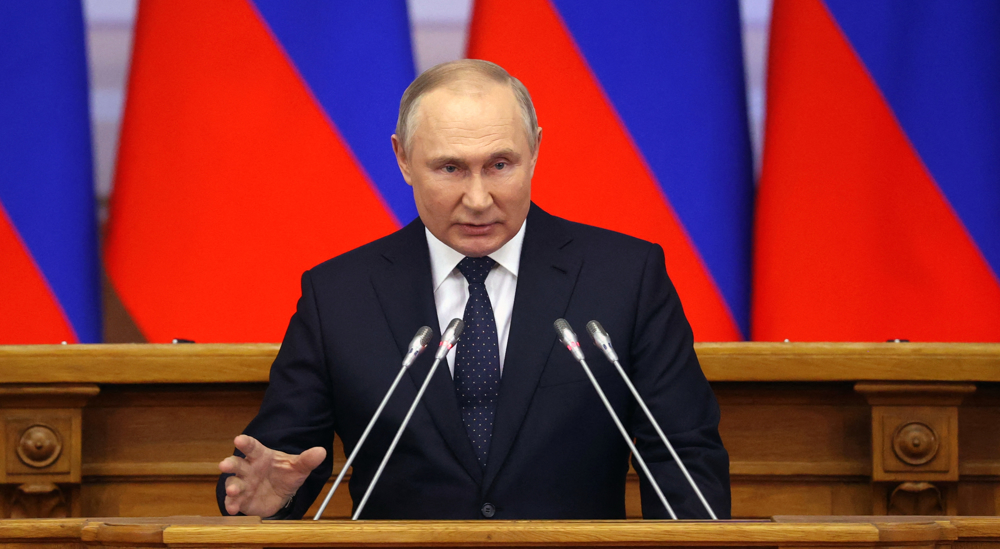
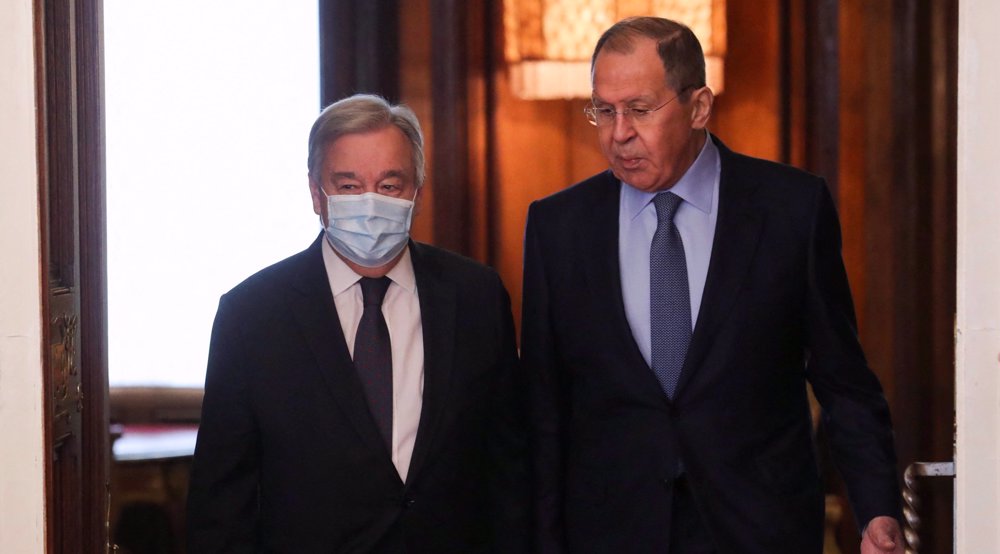

 This makes it easy to access the Press TV website
This makes it easy to access the Press TV website